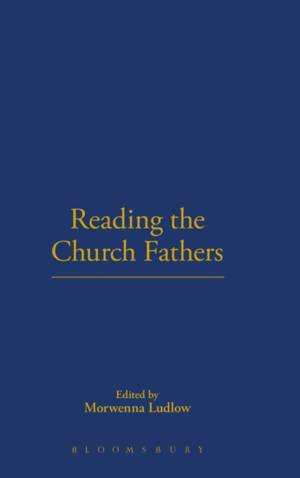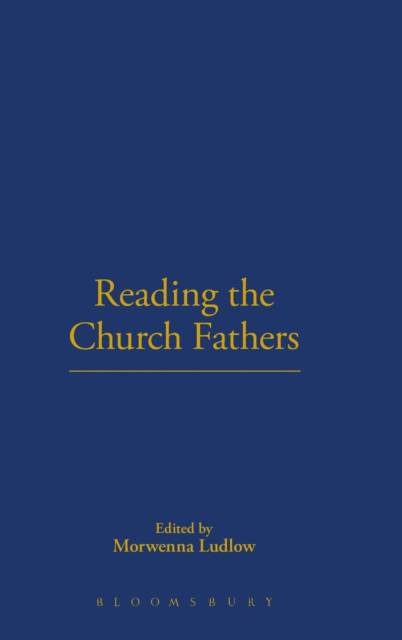
Bedankt voor het vertrouwen het afgelopen jaar! Om jou te bedanken bieden we GRATIS verzending (in België) aan op alles gedurende de hele maand januari.
- Afhalen na 1 uur in een winkel met voorraad
- In januari gratis thuislevering in België
- Ruim aanbod met 7 miljoen producten
Bedankt voor het vertrouwen het afgelopen jaar! Om jou te bedanken bieden we GRATIS verzending (in België) aan op alles gedurende de hele maand januari.
- Afhalen na 1 uur in een winkel met voorraad
- In januari gratis thuislevering in België
- Ruim aanbod met 7 miljoen producten
Zoeken
Omschrijving
Reading the corpus of texts written by the Fathers of the Church has always been a core area in Christian theology. However, scholars and academics are by no means united in the question how these important but difficult authors should be read and interpreted. Many of them are divided by implicit (but often unquestioned) assumptions about the best way to approach the texts or by underlying hermeneutical questions about the norms, limits and opportunities of reading Ancient Christian writers.
This book will raise profound hermeneutical questions surrounding the reading of the Fathers with greater clarity than it has been done before. The contributors to this volume are theologians and historians who have used contemporary post-modern approaches to illuminate the Ancien corpus of texts. The chapters discuss issues such as What makes a 'good' reading of a church Father? What constitutes a 'responsible' reading? Is the reading of the Fathers limited to a specialist audience? What can modern thinkers contribute to our reading of the Fathers?
This book will raise profound hermeneutical questions surrounding the reading of the Fathers with greater clarity than it has been done before. The contributors to this volume are theologians and historians who have used contemporary post-modern approaches to illuminate the Ancien corpus of texts. The chapters discuss issues such as What makes a 'good' reading of a church Father? What constitutes a 'responsible' reading? Is the reading of the Fathers limited to a specialist audience? What can modern thinkers contribute to our reading of the Fathers?
Specificaties
Betrokkenen
- Auteur(s):
- Uitgeverij:
Inhoud
- Aantal bladzijden:
- 224
- Taal:
- Engels
Eigenschappen
- Productcode (EAN):
- 9780567538031
- Verschijningsdatum:
- 30/06/2011
- Uitvoering:
- Hardcover
- Formaat:
- Genaaid
- Afmetingen:
- 163 mm x 234 mm
- Gewicht:
- 476 g

Alleen bij Standaard Boekhandel
+ 644 punten op je klantenkaart van Standaard Boekhandel
Beoordelingen
We publiceren alleen reviews die voldoen aan de voorwaarden voor reviews. Bekijk onze voorwaarden voor reviews.









